
Courses
We want you to choose the course that suits your interests today – and your career in the future. As a health science specialist we offer a number of courses across different healthcare specialisms and qualification levels.
Learn More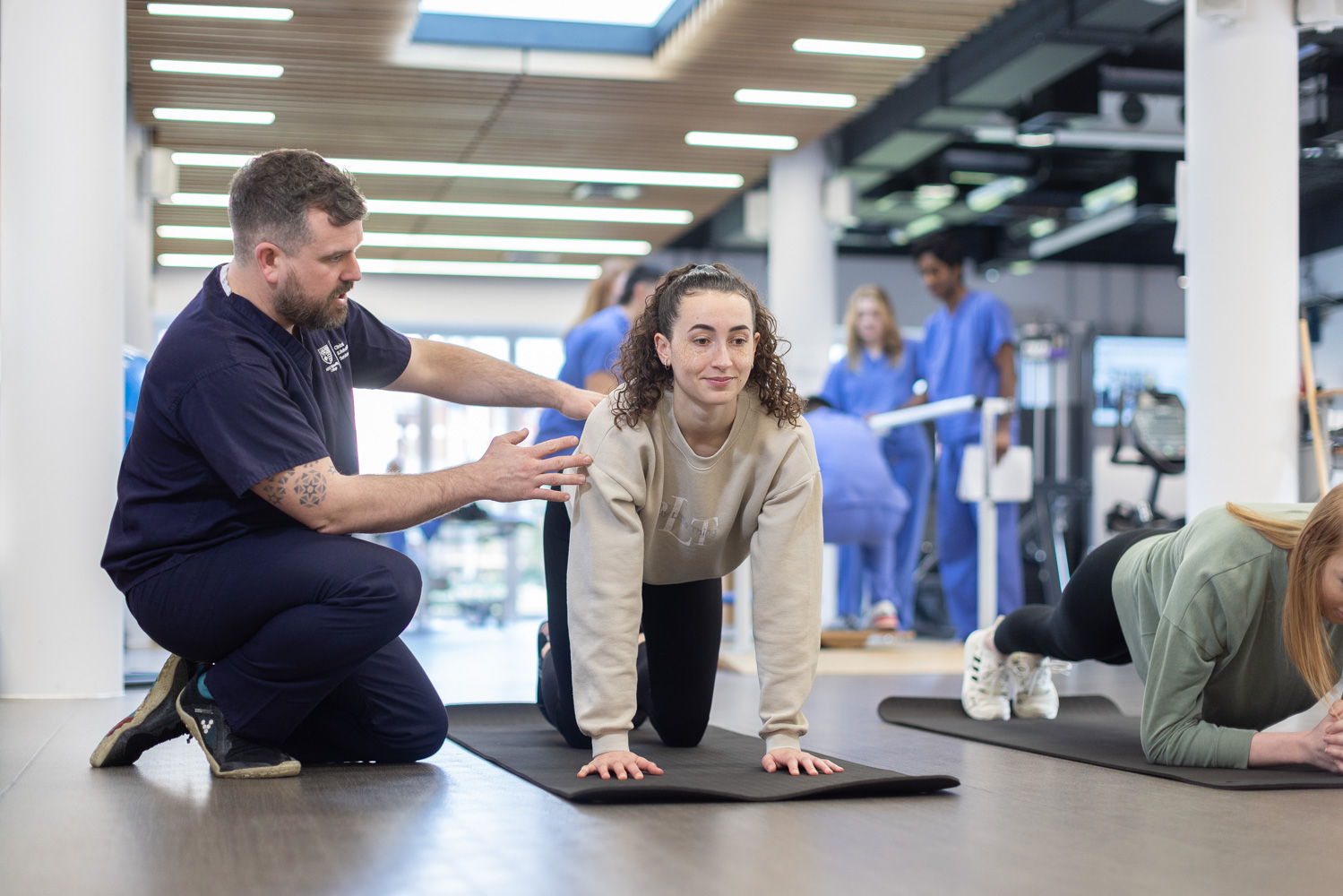
Find a course for you:
Ever wondered what it is like to study at AECC University College? Here you can find information on what to study, how to study, information on our University College, life as a student at AECC, helpful advice for new students and more. Why not start by taking a look our courses, or discovering some of the reasons people come to study at AECC University College?

We want you to choose the course that suits your interests today – and your career in the future. As a health science specialist we offer a number of courses across different healthcare specialisms and qualification levels.
Learn More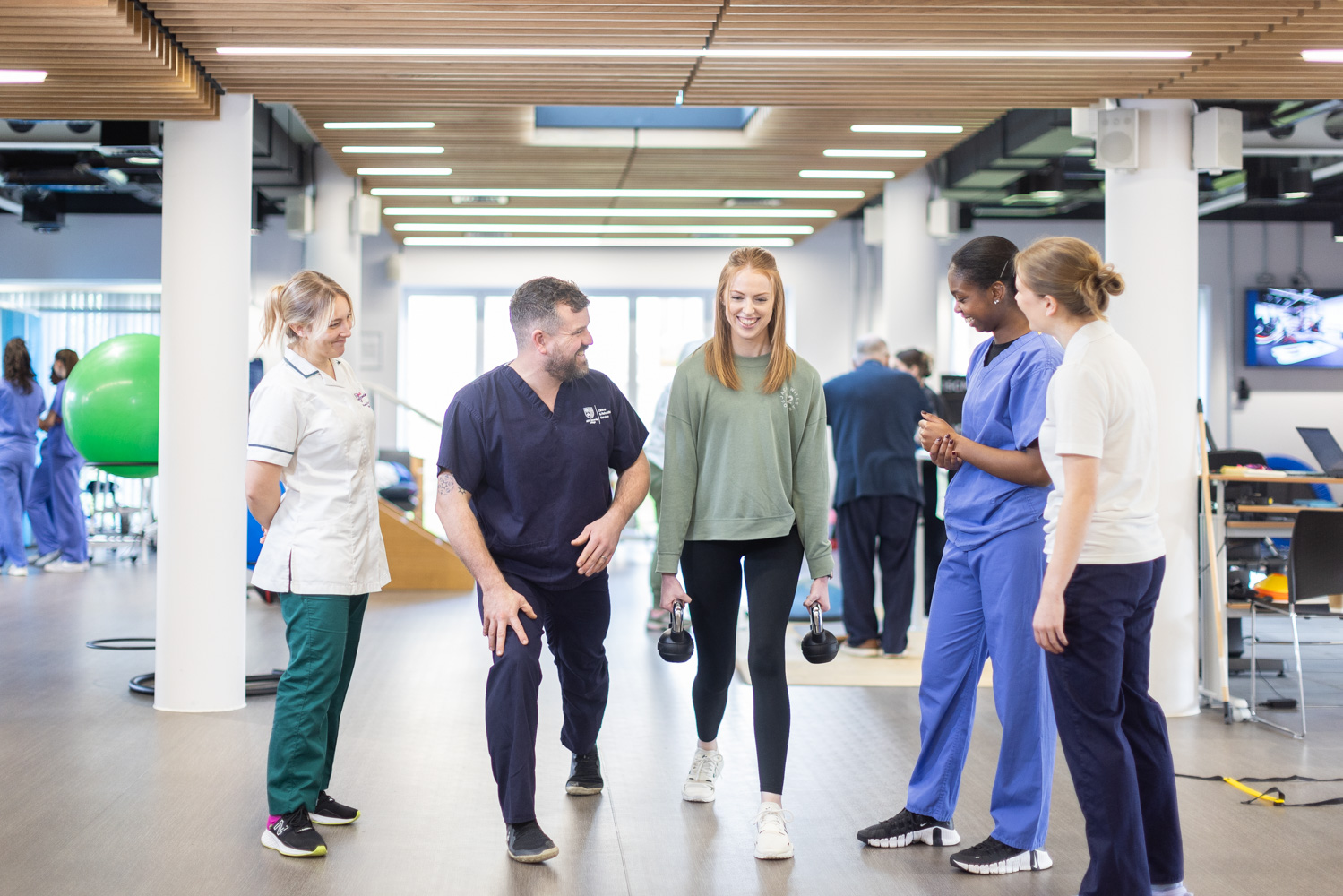
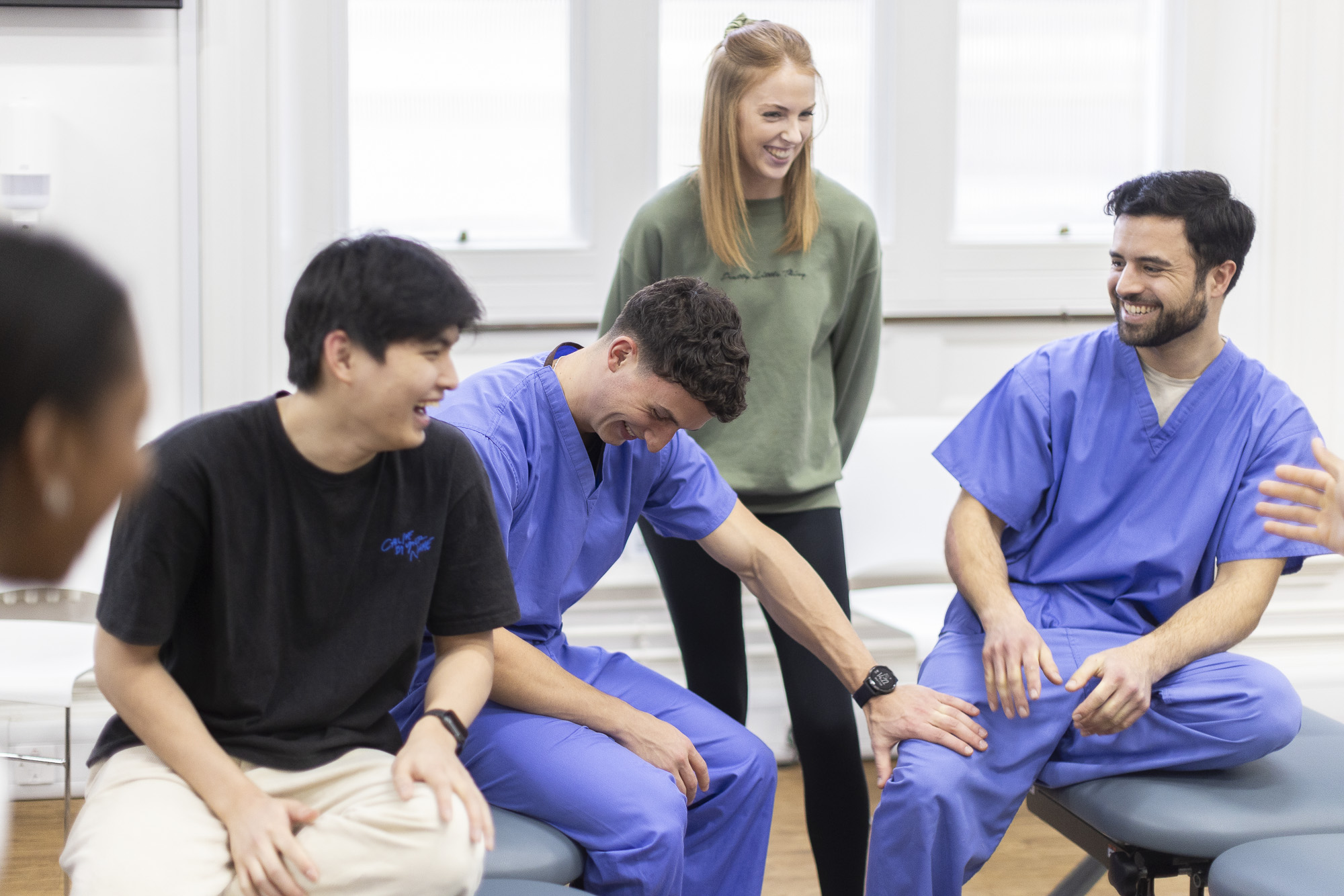
There are many benefits to studying at AECC University College, from our expertise and history in teaching health sciences, to our state-of-the-art facilities, on-site clinical training, and of course our location on the beautiful Bournemouth coast.
Learn More
If you prefer to learn about our courses from something you can hold in your hands, you can order a prospectus delivered right to your home.
Please fill in our ‘request a prospectus’ form, hit submit and we will be more than happy to issue a copy directly to you. If you have any questions about our courses, our university or anything else please don’t hesitate to get in touch.

Discover a healthcare career and transform patients’ lives
As a student here, you’ll share our campus with health care professionals who are treating patients in our on-site clinics – including our Integrated Rehabilitation Centre, dedicated Chiropractic Clinic and our medical imaging facilities. By studying with us, you could go on to be the reason that your patients can live full and happier lives again. Read patient stories, that demonstrate the impact that our students and clinicians in our on-site clinics can have on the lives of patients.
Book your place at one of our events
Open days and virtual open days are the best way to find out more about the courses we offer and get a feel for what life is like at AECC University College. Find out more about our campus and facilities, talk to course leaders and chat with current students.
Discover and read all the latest news, press releases and happenings here at AECC University College.
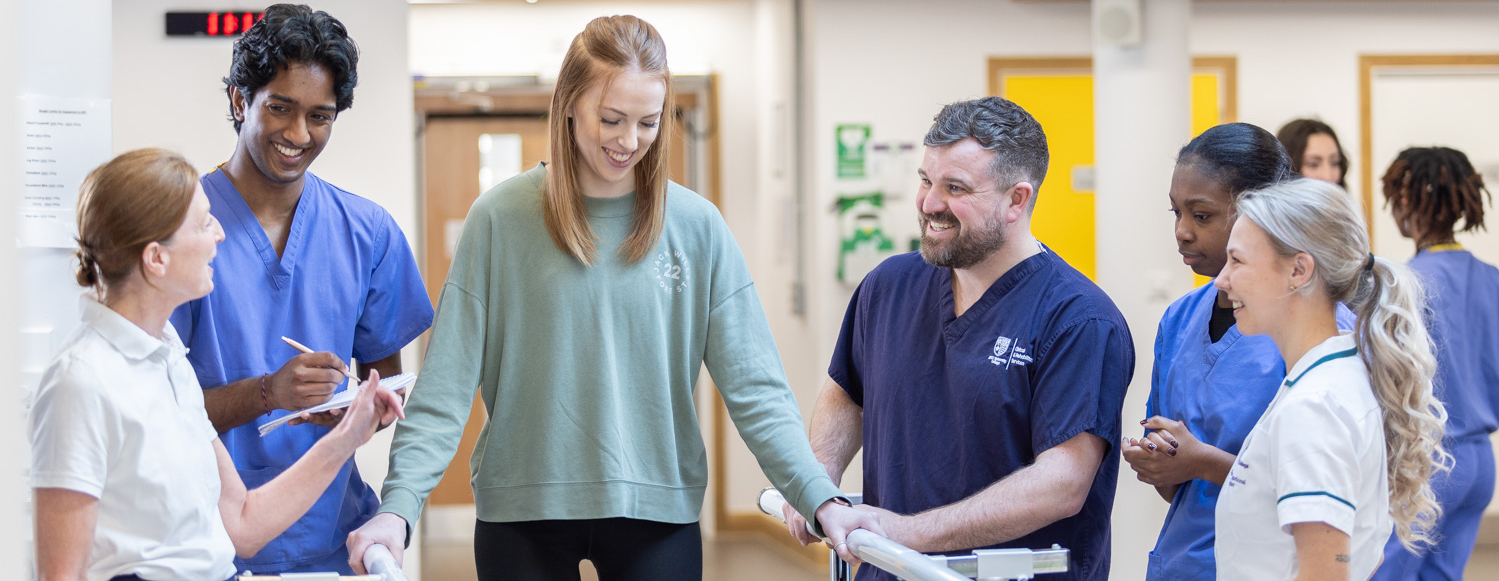
This year, Chiropractic Awareness Week (CAW), 22nd-28th April, is all about raising awareness and speaking up for the chiropractic profession, to build understanding and recognition about the value and expertise that chiropractors bring to their local communities. This year’s theme is ‘Making Chiropractic Integral: Building connections and nurturing a community with the people and places that matter to you.’

On Wednesday 24th April, we held our first AECC University College ‘Staff vs. Students Sports Day’! It took place on Boscombe Beach, and what a great afternoon it was! Staff and students took part in sporting games, including tug of war, sprinting, the three-legged race, and dodgeball.


On Thursday 23rd May 2024, AECC University College will be inviting students, staff, alumni and members of the public to attend an evening lecture by Professor Richard Brown.

Brooke Ironside, age 20, is currently ranked third in Europe for the under 23 years 200 metres. She tells us how she juggles studying with training in her own words…
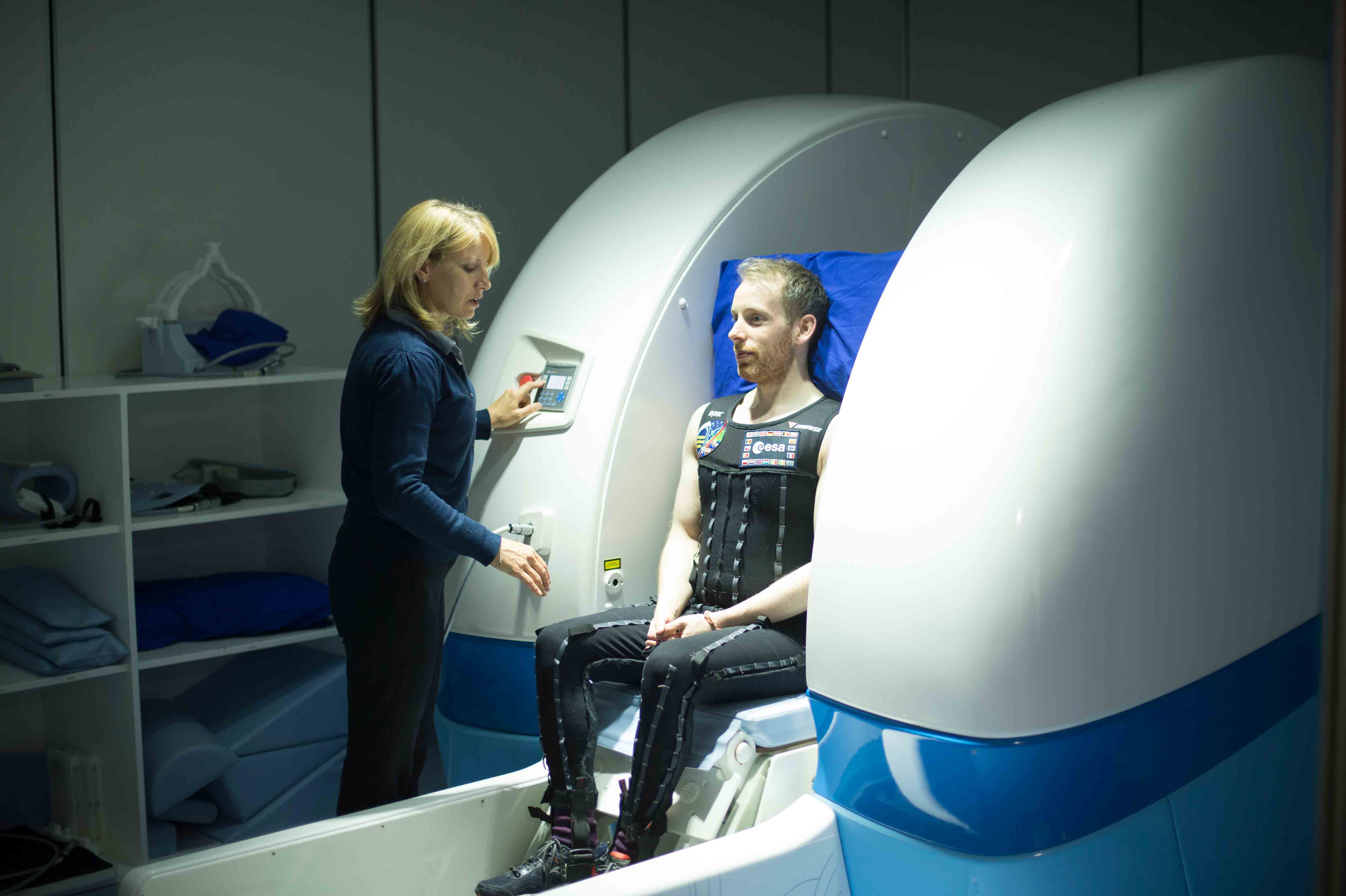
Stephen Bradley recently visited Clinical and Rehabilitation Services at AECC University College for a scan in our Open Upright MRI scanner.
AECC University College
Parkwood Campus
Parkwood Road
Bournemouth
BH5 2DF